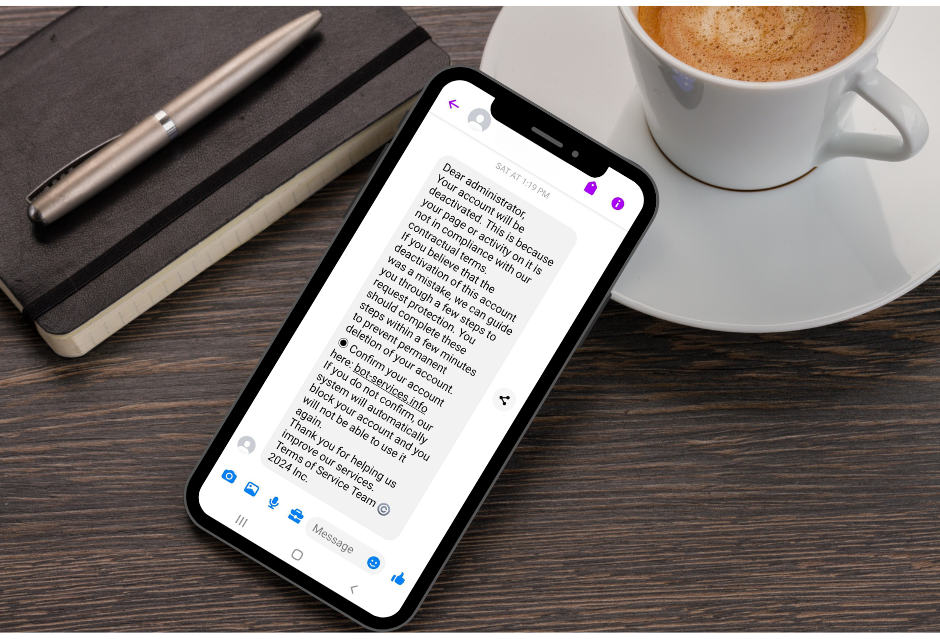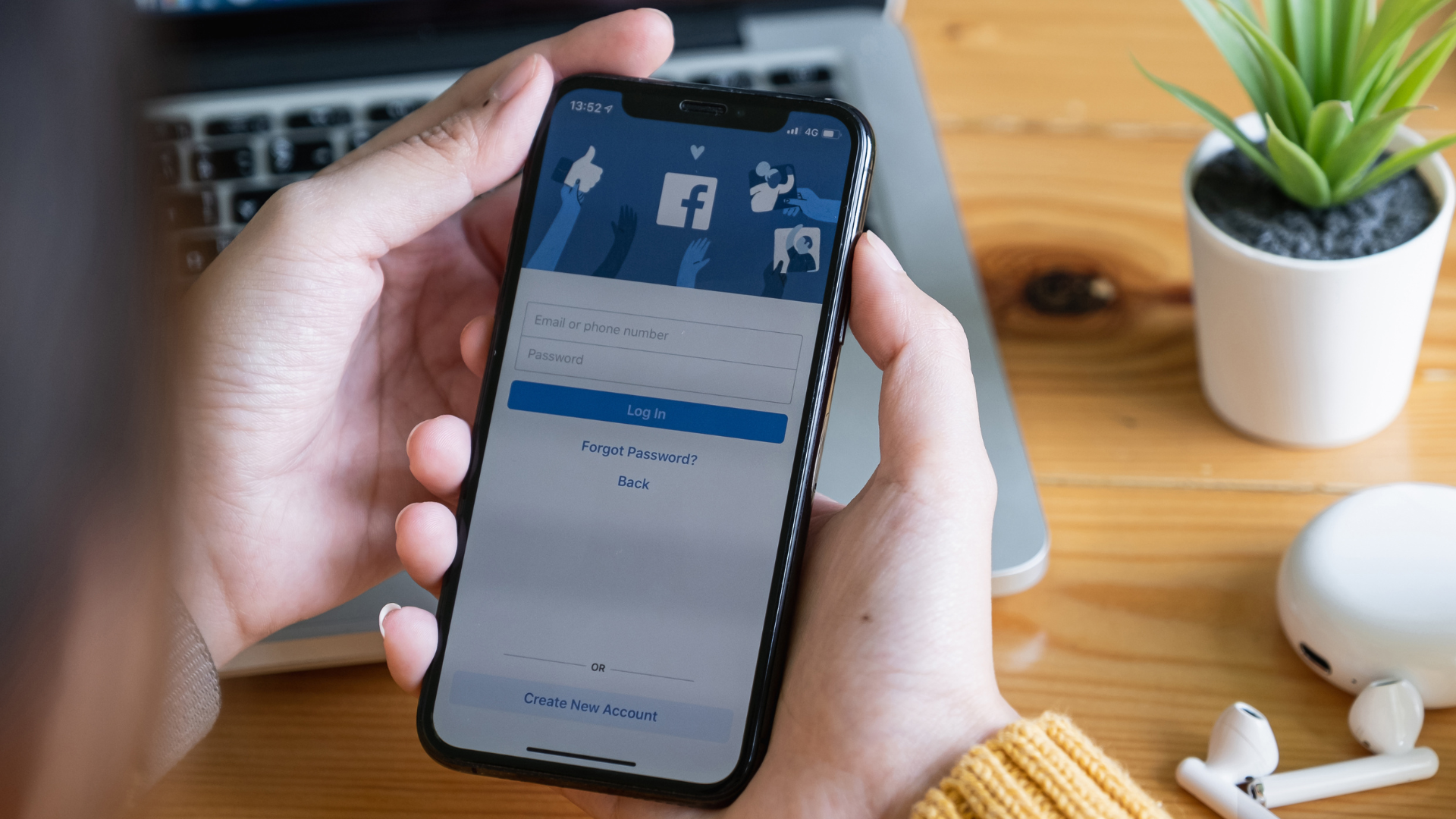We are hearing from customers and seeing on multiple news sources that there has been a significant uptick in the number of Facebook and Instagram Messenger scams and cyber attacks over the past three to six months. Here’s the damage they are causing:
- They are gaining access to small business Facebook and Instagram accounts without the owner knowing
- In some cases, they are taking down the business page
- In other cases, they are asking for a ransom payment to regain access to the page
- For businesses that use e-commerce, they are getting access to those accounts by using Facebook and can then potentially access bank accounts and/or just redirect the money to their own accounts

Unfortunately, these attacks are very well constructed. Repair shop owners are one of the groups they seem to be specifically targeting. Here’s what to look out for:
- Any communication you receive in Facebook Messenger could be an attack
We hate to start here but it’s true. Put your defenses up and don’t trust anything. Do not click on any links in these messages. If you think something from a friend is legitimate, reach out to them via another channel (like text or phone) before taking any action.
- Messages from Facebook or Meta
If you receive a message from Facebook or Meta that says there is something wrong with your page or that you’ve been suspended your radar should go up, especially if it tells you to click on a link to fix it. This is one of the hackers’ favorite ways to attack businesses. Do not click on any links and if your page seems to be working normally delete and disregard the message. If there does seem to be a problem reach out directly to Facebook help.
Here are other ways to avoid Facebook Messenger scams:
- Be suspicious of all messages you receive. If a “friend” or business associate sends you something out of character, it’s probably fake.
- Call or text. If you receive that suspicious message, call or text the “friend” or associate.
- Don’t share your personal information. Never give out your personal information (accounts, passwords, etc.) online unless you are 100% sure it’s legitimate.
- Don’t use the same password twice.
- Set up two-factor authentication. You can do this for Facebook and you should set it up as soon as possible.
If you don’t think you are a target…it makes you a great target. These hackers/cyber criminals are ruthless and you’ve got to protect yourself, your business and all the people that are a part of it. Following the guidelines above will help significantly.
If you are a Repair Shop Websites customer, please let us know if you think you have received a message that is a scam.
